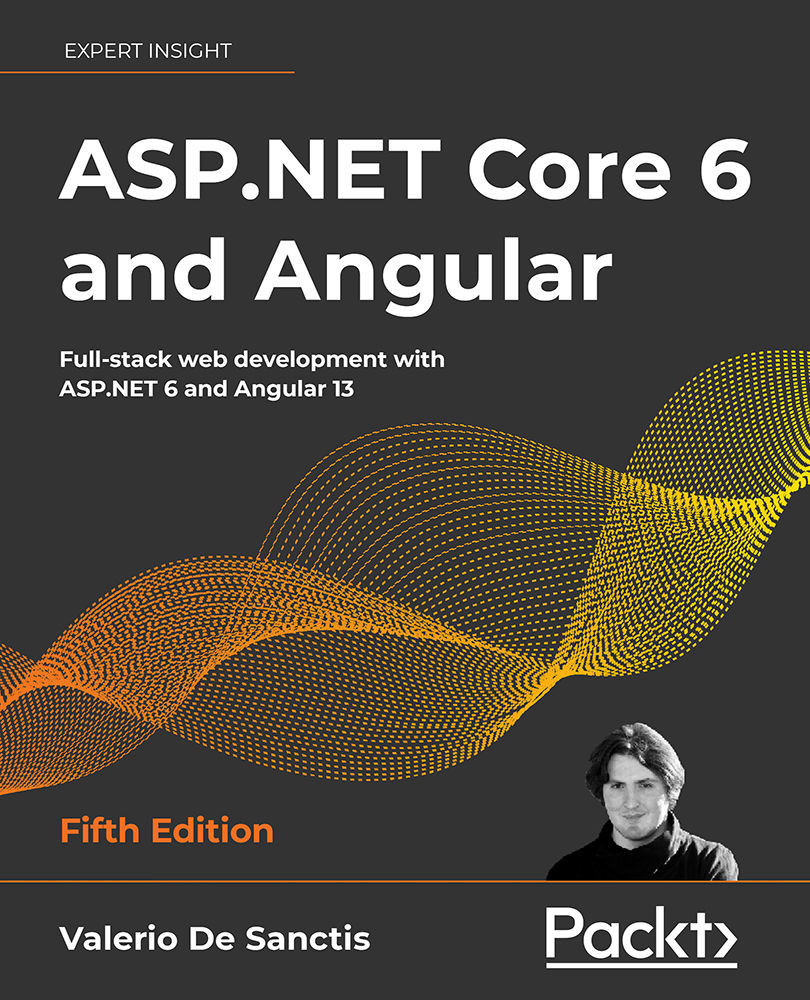ASP.NET Core is a free and open-source modular web framework developed by Microsoft that runs on top of the full .NET Framework (Windows) or .NET Core (cross-platform). It has been made specifically for building efficient HTTP services that can be reached and consumed by a massive range of clients, including web browsers, mobile devices, smart TVs, web-based home automation tools, and more.
Angular is the successor of AngularJS, a world-renowned development framework born with the aim of providing the coder with the toolbox that is needed to build reactive and cross-platform web-based apps that are optimized for desktop and mobile. It features a structure-rich template approach based upon a natural, easy-to-write, and readable syntax.
Technically, these two frameworks have little or nothing in common: ASP.NET Core is mostly focused on the server-side part of the web development stack, while Angular is dedicated to covering all the client-side aspects of web applications, such as the User Interface (UI) and User Experience (UX). However, both of them came into being because of a common vision shared by their respective creators: the HTTP protocol is not limited to serving web pages; it can also be used as a viable platform upon which to build web-based APIs to effectively send and receive data. This is the notion that slowly made its way through the first 20 years of the World Wide Web’s life and is now an undeniable, widely acknowledged statement and also a fundamental pillar of almost every modern web development approach.
As for the reasons behind this perspective switch, there are plenty of good ones, the most important of them being related to the intrinsic characteristics of the HTTP protocol: it’s rather simple to use, and flexible enough to match most of the development needs of the ever-changing environment that the World Wide Web happens to be in. This is not to mention how universal it has become nowadays: almost any platform that we can think of has an HTTP library, so HTTP services can reach a broad range of clients, including desktop and mobile browsers, IoT devices, desktop applications, video games, and so on.
The main purpose of this book is to bring together the latest versions of ASP.NET Core and Angular within a single development stack to demonstrate how they can be used to create high-performance web applications and services that can be used seamlessly by any clients.



 Free Chapter
Free Chapter

